December 6th, 1991 saw one of the darkest Star Trek films meet the eyes of millions of fans. Star Trek VI: The Undiscovered Country is considered to be among the best Star Trek films ever made, serving as a final hurrah for the cast of Star Trek: The Original Series.
Given that this was going to be the final adventure for William Shatner, Leonard Nimoy, DeForest Kelley, and more, its understandable that there was a lot going on behind the scenes to ensure they’d get a strong farewell. Now that VI is nearly 30 years old, there’re some facts fans should know.
10 It Was Almost A Prequel
After the failure of Star Trek V: The Final Frontier, producers Harve Bennett and Ralph Winter went back to the drawing board, bringing in Final Frontier’s writer David Loughery to write this movie. Described as “Top Gun in space,” the proposed film would have told the tale of how Kirk and Spock first met.
This new film caused division between Bennett and the original cast, with even creator Gene Roddenberry denouncing the film. The project was cancelled, though we did eventually get a pretty solid origin film in 2009’s Star Trek.
9 Walter Koenig’s Scrapped Draft
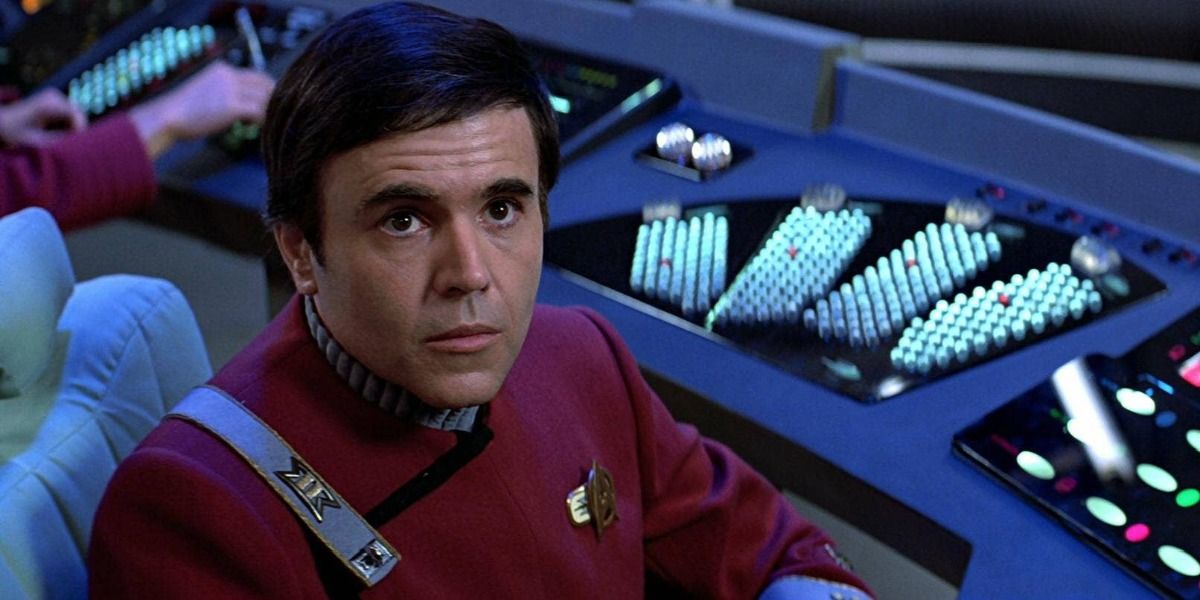
William Shatner, Leonard Nimoy, and even James Doohan had done work behind the scenes of the Star Trek films, so Chekov actor Walter Koenig decided to take a stab at it. Koenig penned an outline for Star Trek 6, which just so happened to be even darker than the one fans got.
In Koenig’s pitch, the crew were all mostly retired save for Spock, who commands a new crew. When a xenomorph-like alien race take over Spock’s ship, the old crew must save them, with the resulting bloodbath only sparing Spock and McCoy. The producers shot down this pitch and brought in Star Trek II: The Wrath of Khan director Nicholas Myer.
8 William Shatner Disliked Kirk’s Racism
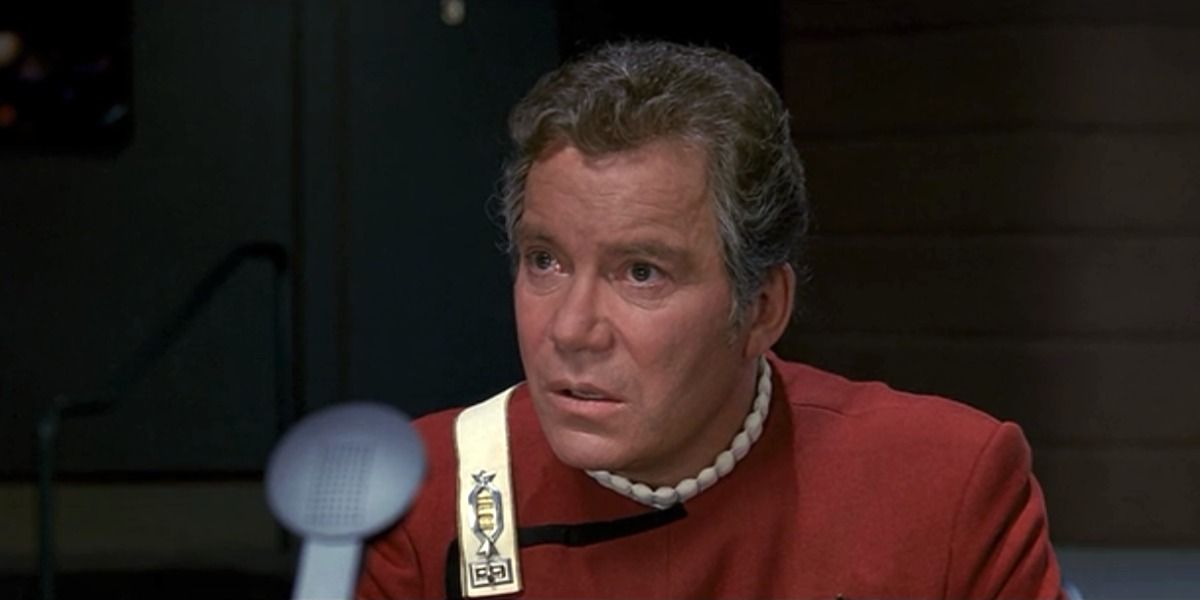
According to many sources, there were issues on set when it came to Meyer writing the human cast as having prejudiced views on The Klingons. For example, William Shatner has recalled about how Uhura actress Nichelle Nichols refused to deliver a line that was a reference to outdated racist rhetoric.
Another thing Shatner took issue with was Kirk begging Spock to just let The Klingons die. Shatner said that he added a gesture to indicate that Kirk didn’t really mean this, but Meyer had this bit taken out, despite allegedly promising to keep it in.
7 The Alternate Opening
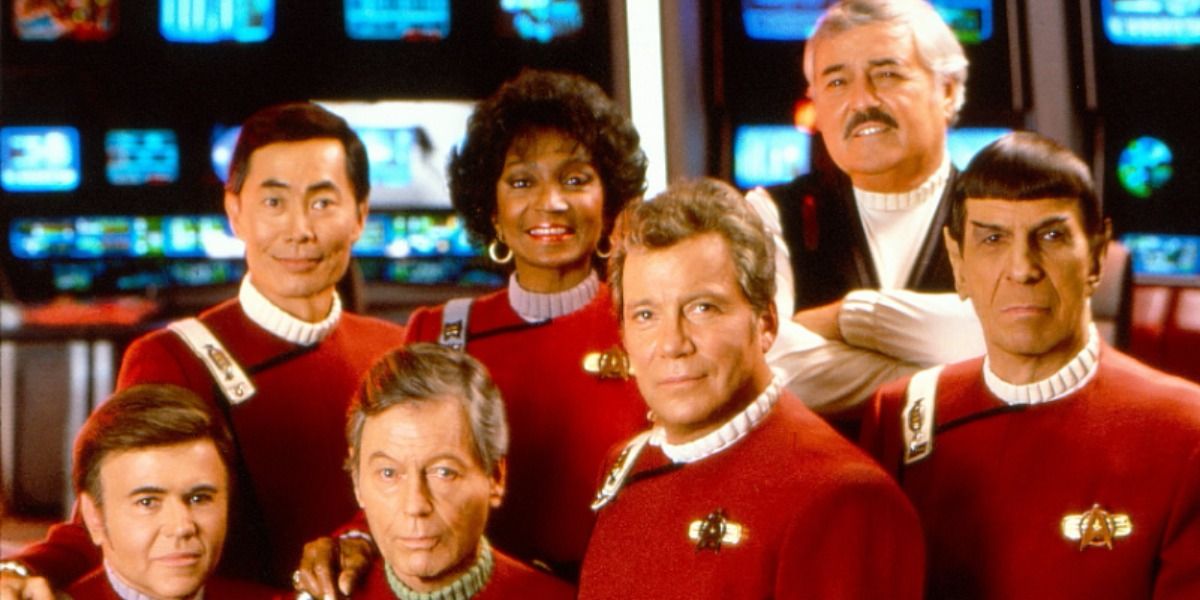
In Nicholas Myer and writer Denny Flinn’s original draft, the personal lives of the core seven crew members would have been explored. For example, Spock would play Polonius in a Vulcan version of Hamlet, McCoy would get hammered at a medical gathering, and Kirk would be married to Carol Marcus from Wrath of Khan.
Also, Uhura hosts a call-in radio show, Chekov became a chess player, Scotty teaches engineering, and Sulu originally worked as a taxi driver on an alien planet before being rewritten as a Captain. Paramount demanded the opening be re-written, as the opening would have upped the budget from $27 million to $50 million.
6 The Sets Were Repurposed From TNG
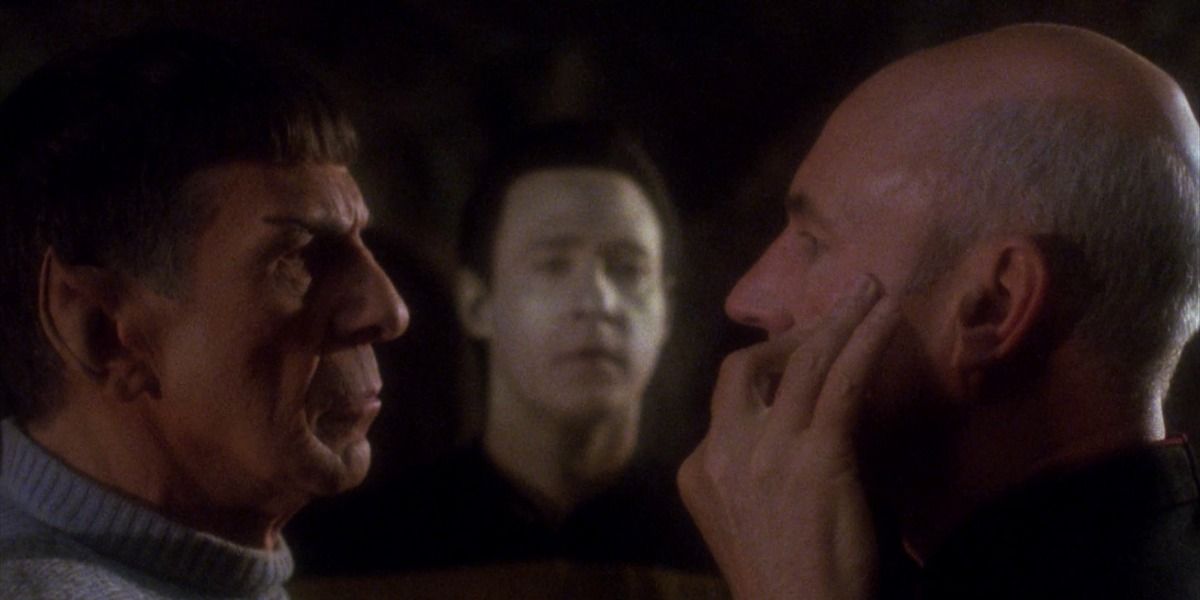
At the time Star Trek VI: The Undiscovered Country was in production, Star Trek: The Next Generation had hit its stride, heading towards the end of the monumental fourth season. Due to budget restraints, Star Trek VI had to repurpose sets from TNG.
This ended up leading to Michael Dorn, who played Worf in The Next Generation, appearing in The Undiscovered Country as Worf’s ancestor who defends Kirk and McCoy when they are put on trial by The Klingons. Unfortunately, not all of TNG’s actors had a good time on the set.
5 William Shatner Crushes Wil Wheaton’s Dreams
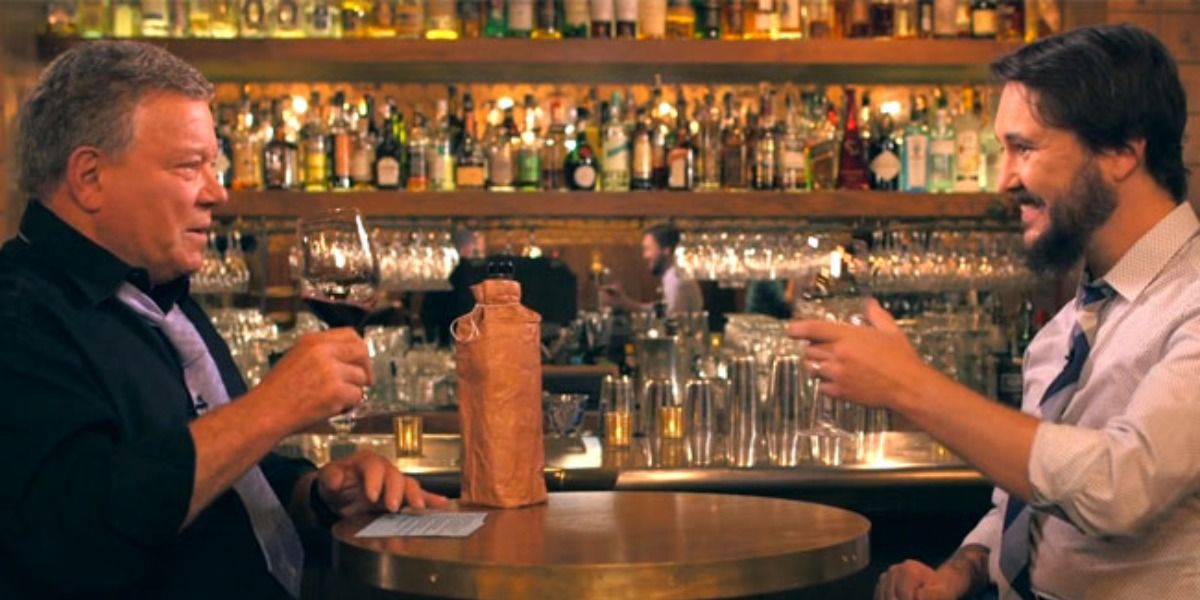
Poor Wil Wheaton got a bad deal when it comes to Star Trek. Not only was his character Wesley Crusher loathed by overzealous fans, but he didn’t exactly have a great first encounter with William Shatner. Wheaton, a massive Star Trek fan, approached Shatner, excited to meet his hero…until Shatner opened his mouth.
According to Wheaton, Shatner callously told Wheaton that he would have never allowed a kid on HIS Enterprise. After Shatner walked off, the cast all gathered around Wheaton to console him. Bad form, Bill!
4 A Very Specific Shakespeare Reference
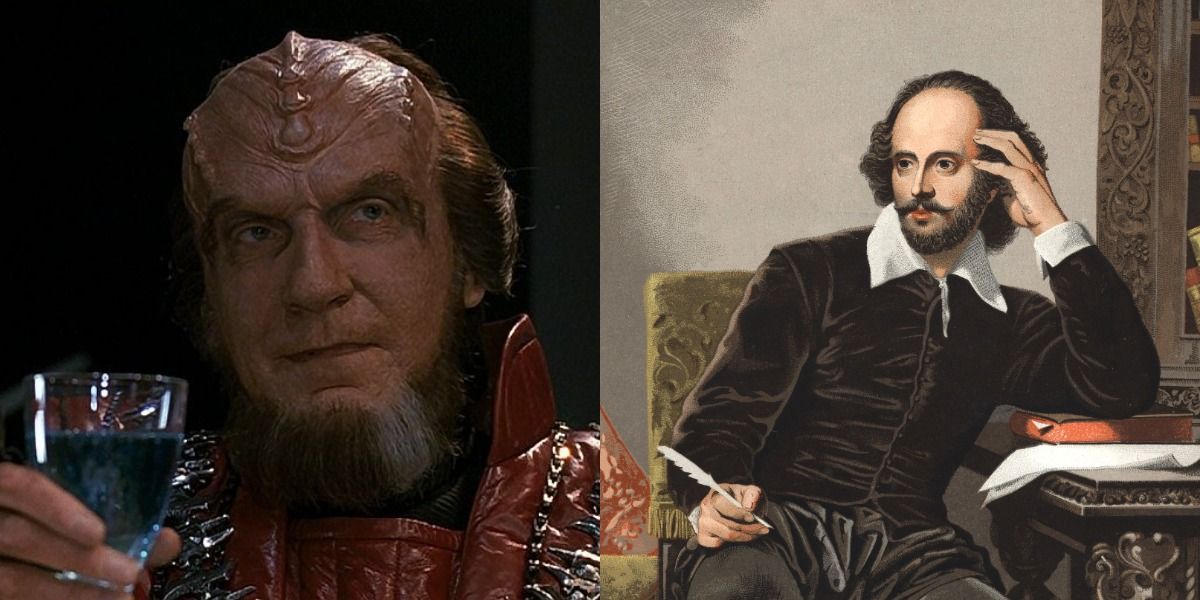
During a tense meal between the crew and The Klingon diplomats, Spock comments on a quip by Chancellor Gorkon, calling back to a line in Hamlet. Gorkon comments that they wouldn’t know Hamlet until they’ve heard it in the original Klingon.
Though Gorkon’s dismissal isn’t really a callback to a specific Shakespeare play, it is a callback to an attempt to pervert it. According to Meyer, the line refers to claims by Hitler’s regime that Shakespeare was German.
3 A Bloody Mess
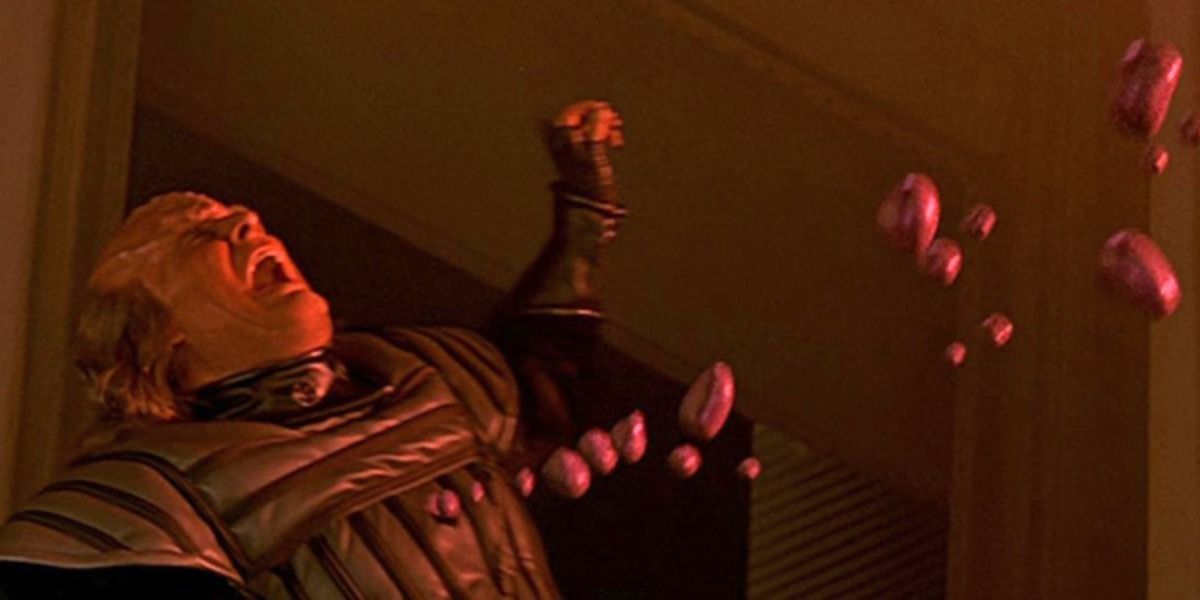
ILM made their return to the Star Trek franchise after not providing their services on The Final Frontier, though while most of their work was practical, their one dalliance with CGI caused some issues. The production used CGI to render Klingon blood, but this ultimately wound up causing some rating concerns due to color.
Initially the blood was supposed to be red, however they were informed that if they went in this direction, the film would gain an R rating. In the end, The Klingon’s blood was changed to a violet hue.
2 Enter Cliff Eidelman
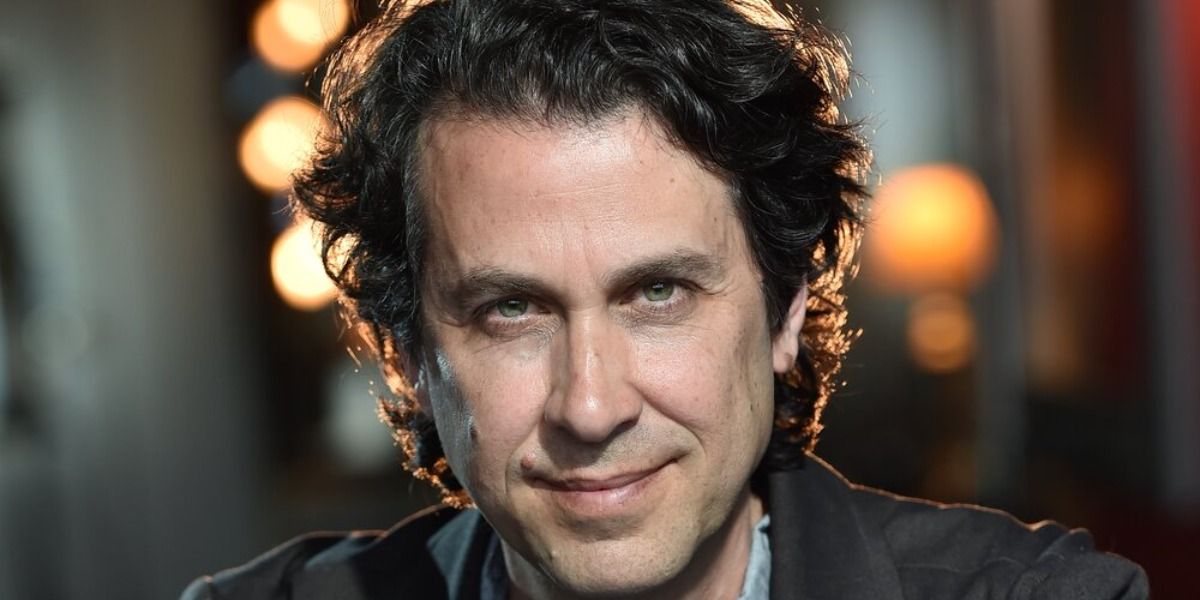
As Nicholas Myer was searching for a composer for the project, he went through several demo tapes. According to the director, he found himself repeatedly disappointed as most of what he was listening to was generic movie music. Thankfully, Meyer eventually stumbled across Cliff Eidelman.
Meyer was impressed by the young Eidelman’s work, comparing the sound to iconic Alfred Hitchcock composer Bernard Herrmann. Eidelman took cues from the works of Stravinski and Holst to create a darker score for Star Trek VI.
1 It Apparently Angered Gene Roddenberry

Roddenberry and Meyer already didn’t get along, as Meyer’s more militaristic Starfleet rubbed the humanist Roddenberry the wrong way. Once the film was nearly finalized, a near-death Roddenberry viewed a near final cut. This is where the story is divided.
Some people present claim that Roddenberry gave the film a thumbs up, but Nimoy and Shatner have commented in their memoires that Gene was enraged by the film, demanding a quarter of the scenes be removed, but he sadly passed away not long after. The film is dedicated to his memory, and Meyer regrets ending his relationship with Gene poorly.
